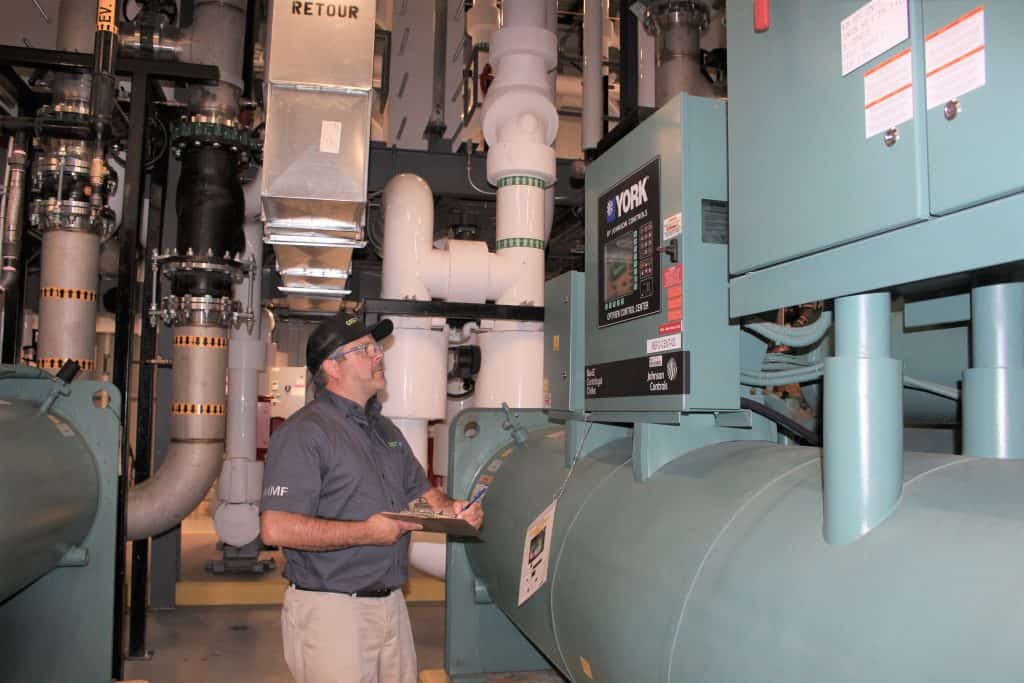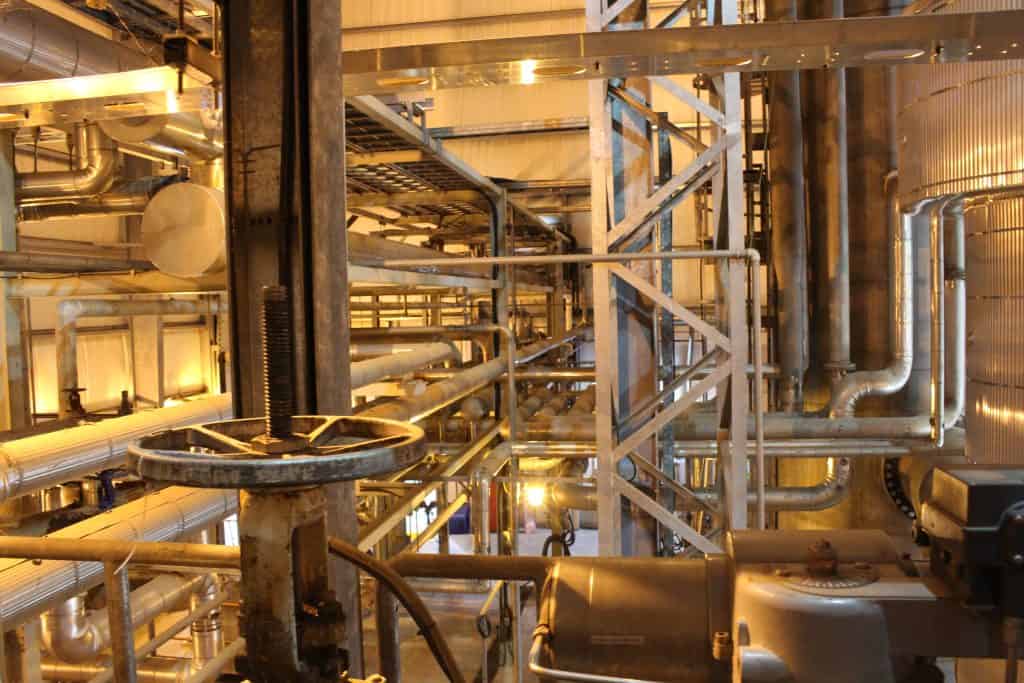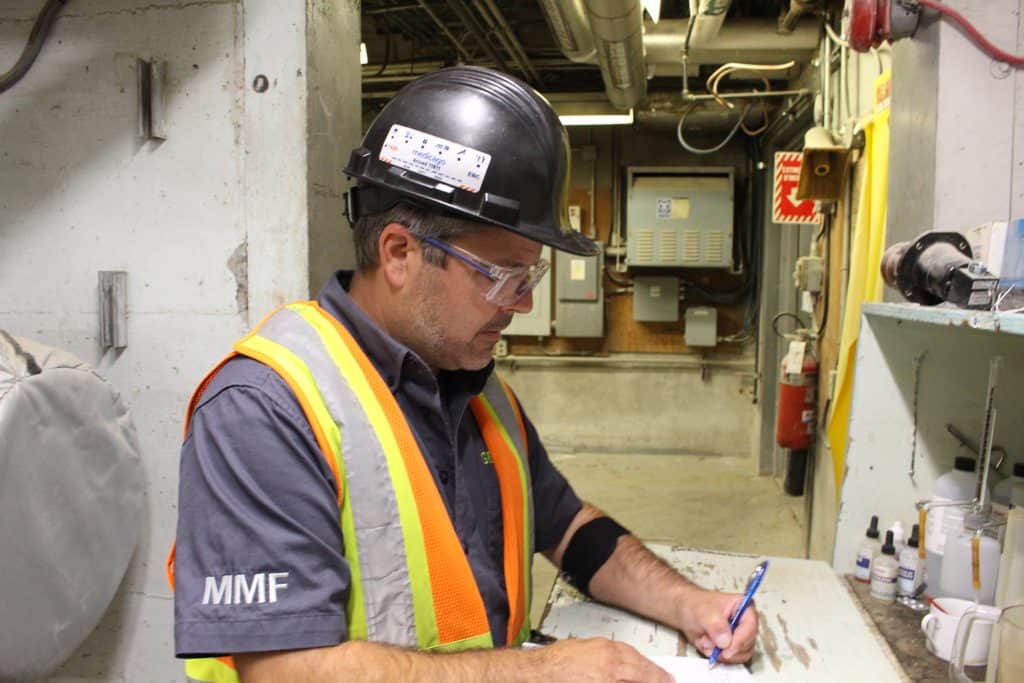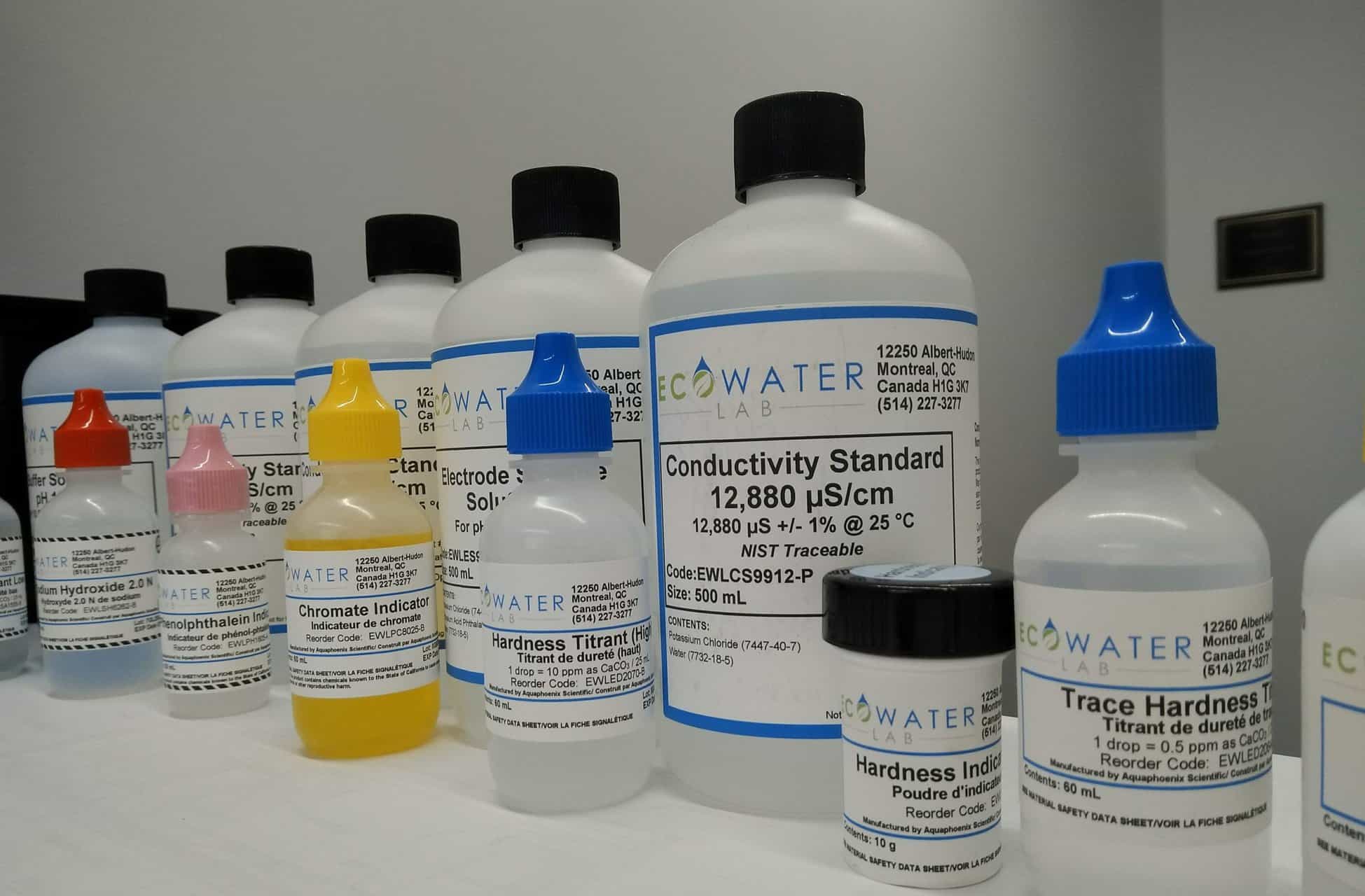Specialized and qualified services in periodic monitoring. Our stationary enginemen work on all types of thermal power plant equipment, from periodic maintenance to water treatment.
Our stationary engineers have worked on hundreds of equipment across a multitude of HVAC systems.
We reduce your environmental impact by using green technology, meeting your needs, we have certified KOSHER ECOSTEAM products, authorized by Health Canada for food plants.
We have all stationary engineer profiles starting from class 4B to class 1A, with the right credentials. Depending on your periodic, conditional, interrupted or even continuous needs.
Our stationary engineers travel throughout the province of Quebec and the Northern Territory.
We offer several complementary services to ensure the reliability and durability of your thermal power plant.


Our MMF prennent en charge la surveillance périodique de tous vos systèmes de votre centrale thermique.


If repairs or maintenance are required, our technicians will advise you on the best solutions and implement them quickly.


Need manpower for a short, medium or long term? We will find you qualified personnel who are experts in their field.


We offer a complete range of alternative products for the Water treatment green and innovative as well as conventional products.